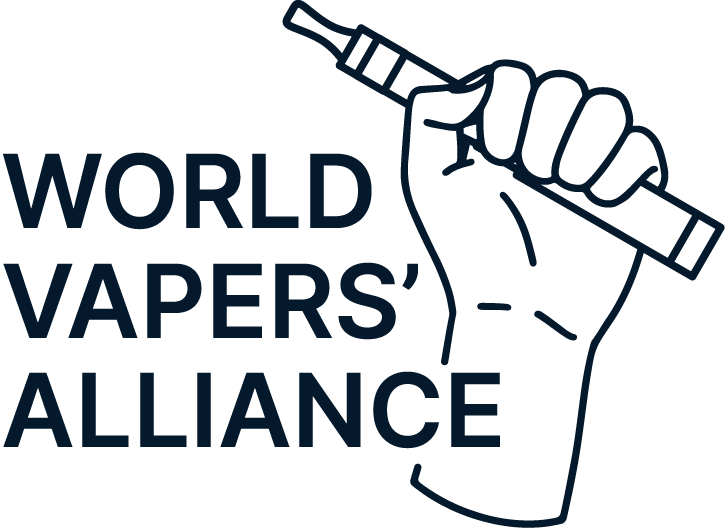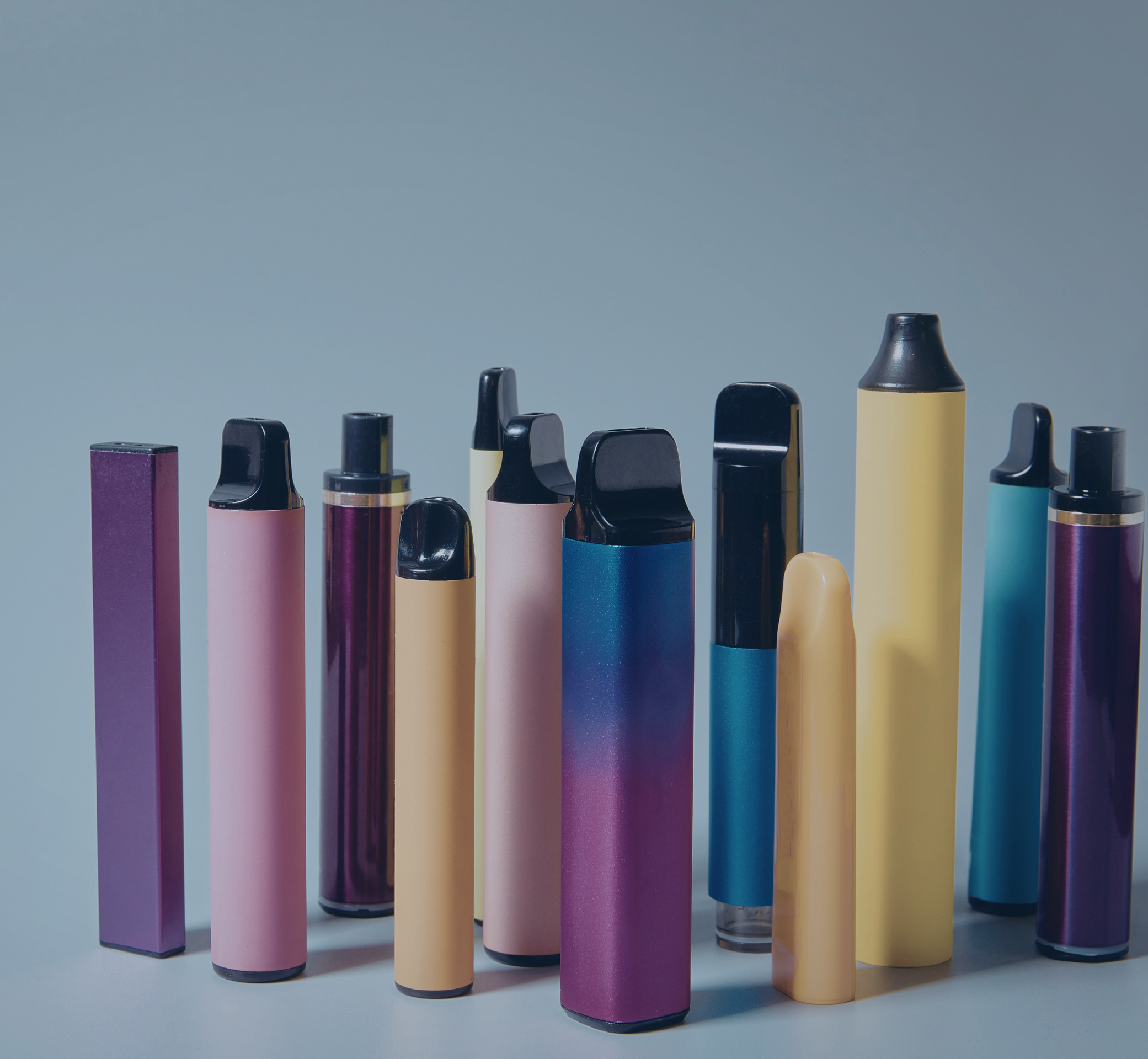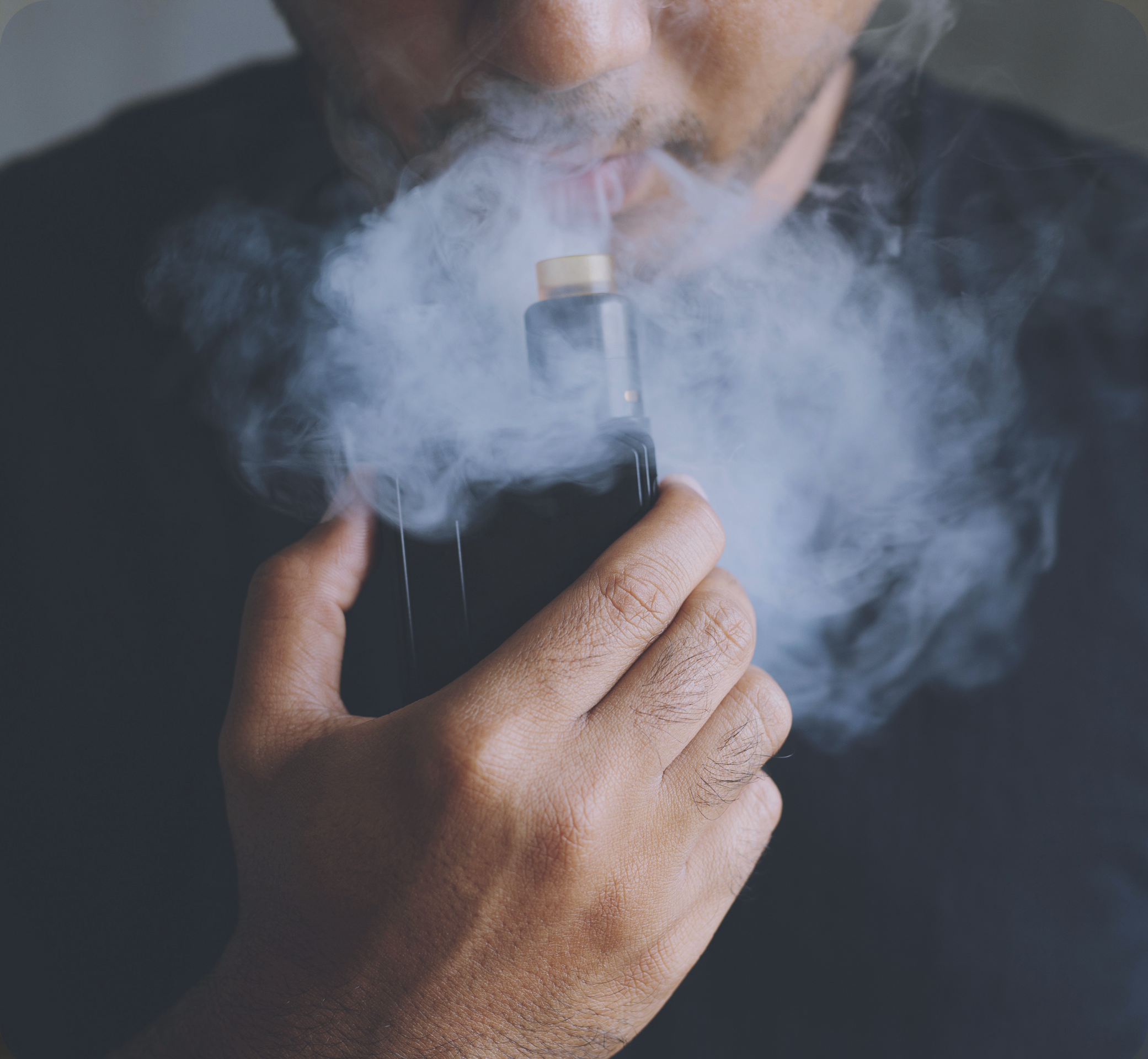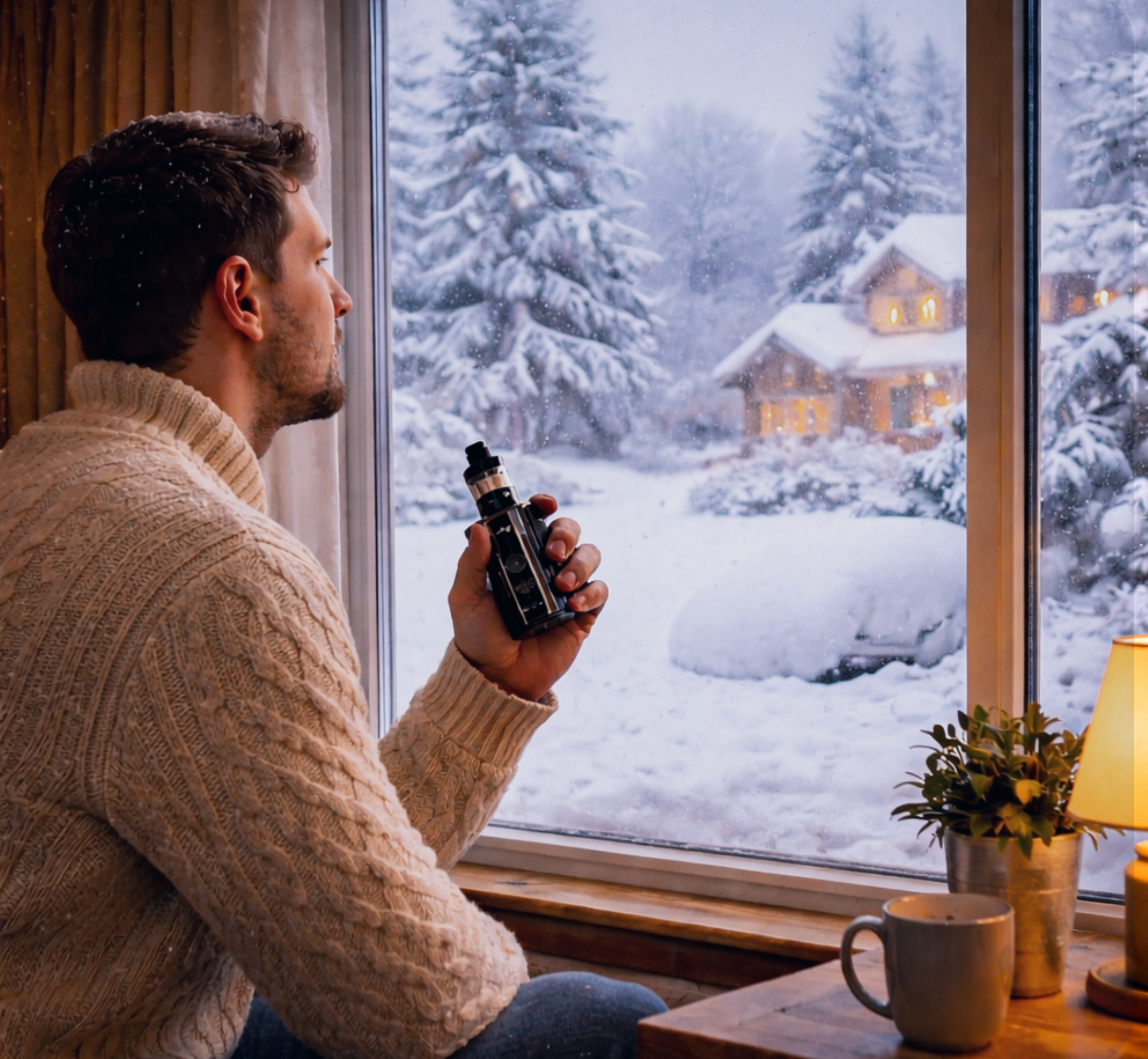V důsledku nedávno přijatého zákazu vapingu začali místní prodejci bezpečnějších alternativ nikotinu zavírat, takže spotřebitelé nemají kam se obrátit než na černý trh.
Novelizovaný zákon o prevenci rizik spojených s tabákem (菸害防制法) byl schválen začátkem tohoto roku a vstoupil v platnost 22. března. Zakázal prodej, výrobu a dodávky vapingových produktů a zvýšil... věková hranice pro legální užívání tabáku z 18 na 20 a zvýšil podíl varování před tabákem z 35% na 50% na krabičkách cigaret.
V reakci na zákaz uvedl ředitel Světové aliance vaperů Michael Landl, že zákaz představuje schylující se katastrofu pro veřejné zdraví. Ve skutečnosti za necelý měsíc již 25 ze 44 vape shopů v Kaohsiungu zavřelo, zatímco zbytek musel přejít na prodej jiných produktů.
Kromě kontrol kamenných obchodů ministerstvo zdravotnictví bedlivě sleduje i online prodej. To bohužel znamená, že tisíce lidí, kteří… přepnutý Lidé, kteří přecházejí na vapingové produkty, budou odsunuti zpět ke kouření nebo na černý trh, kde budou mít přístup k neregulovaným a potenciálně nebezpečným produktům. Tento trend byl pozorován v zemích s přísnou regulací.
Jedním z takových příkladů je Austrálie, kde v reakci na omezení prodeje elektronických cigaret zavedená v loňském roce jsou produkty pro vaping velmi nedostupné a častěji se získávají nelegálním způsobem. News.co.au nedávno hlásil že mnoho trafik po celé Austrálii stále prodává jednorázové vaporizéry pod pultem, zatímco doručovací služby jsou údajně snadno dostupné prostřednictvím sociálních médií.
Přečtěte si celý text zde
